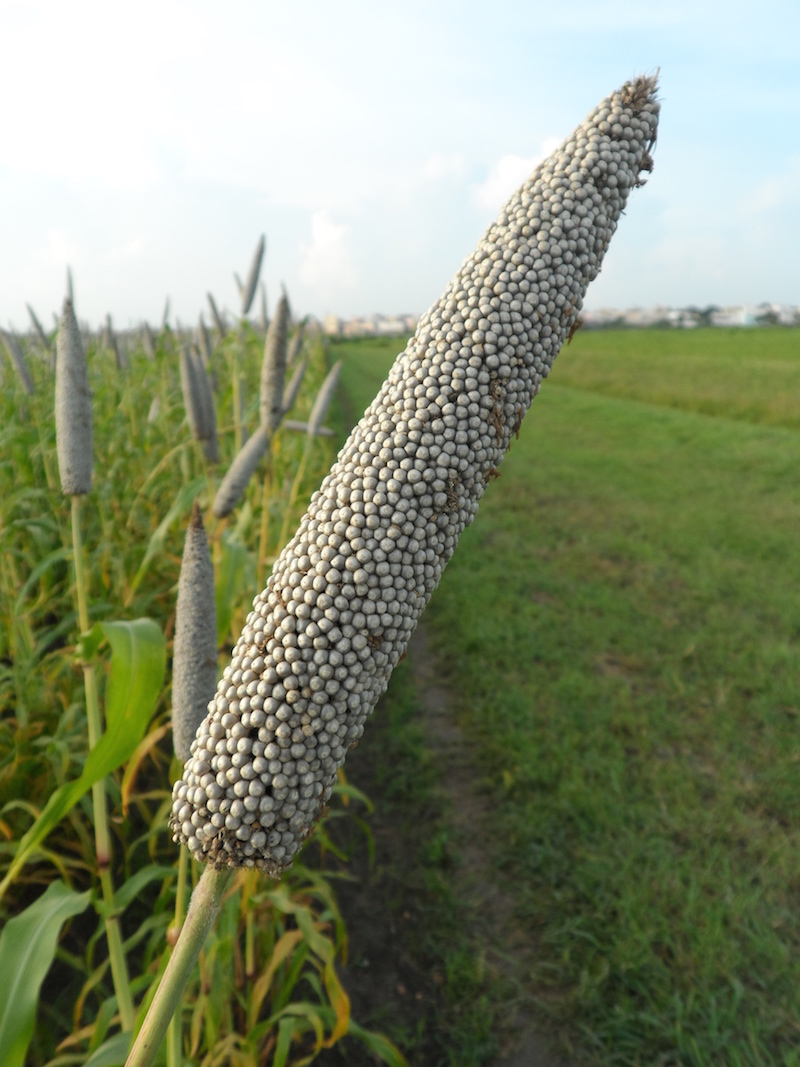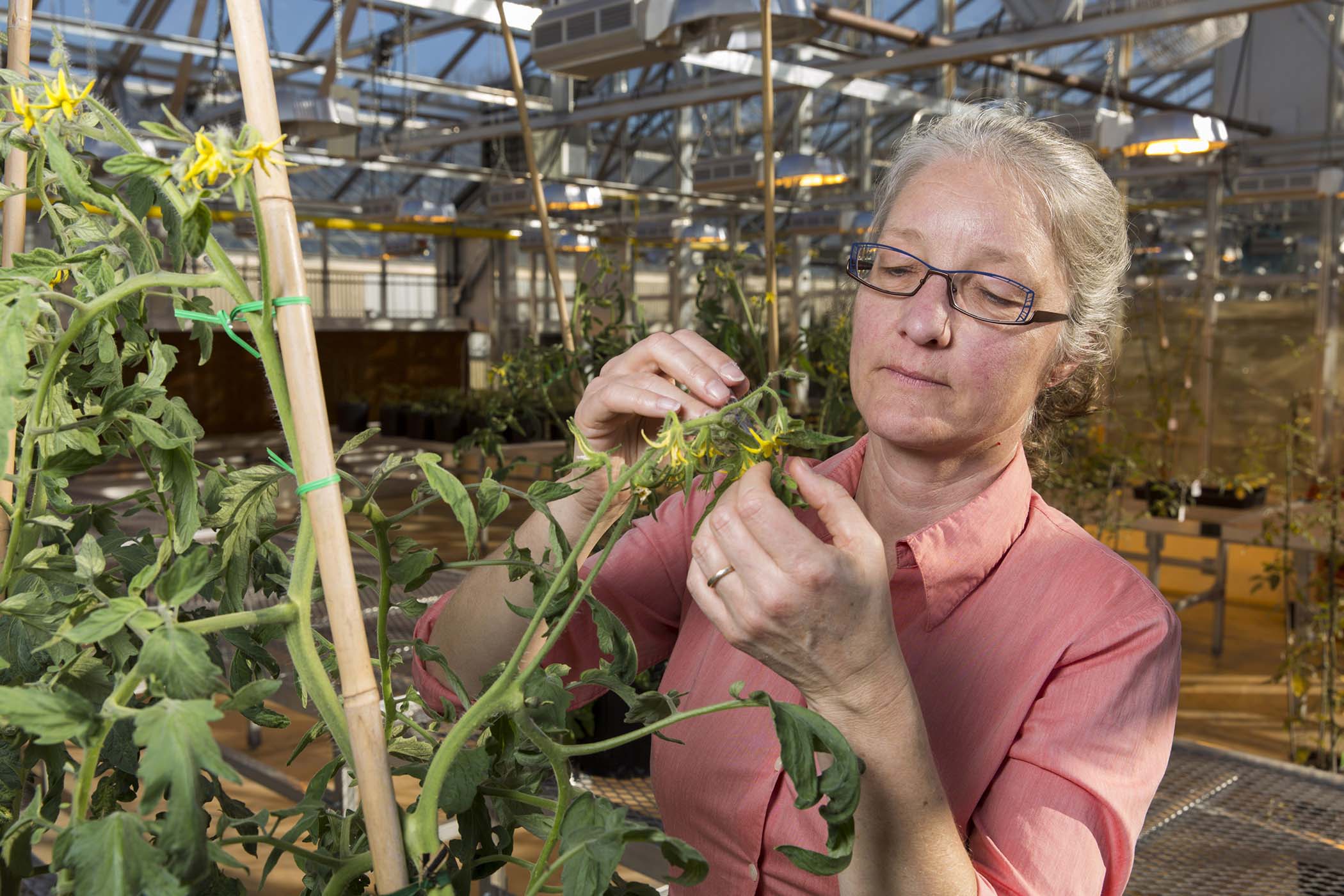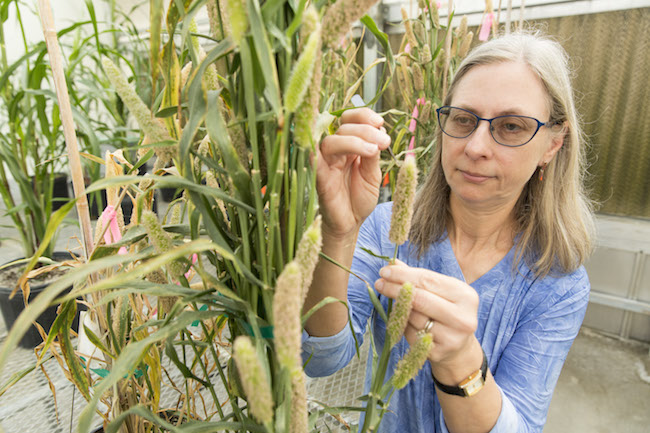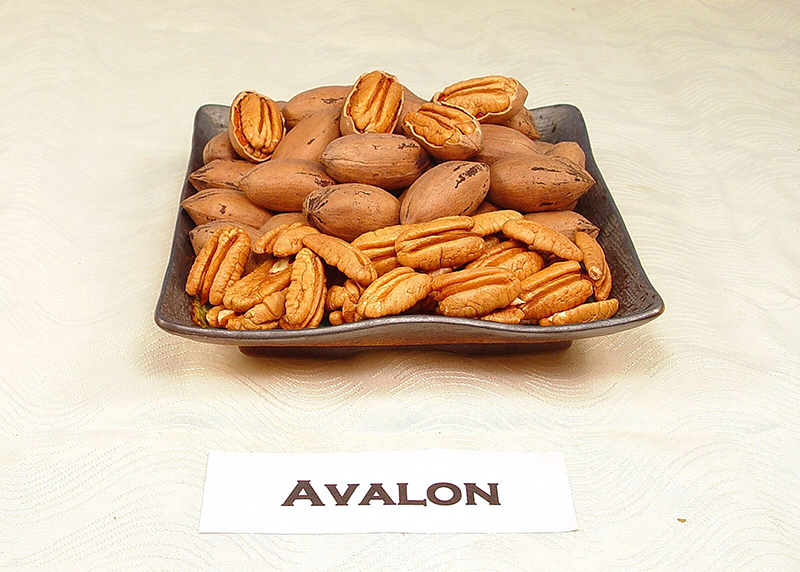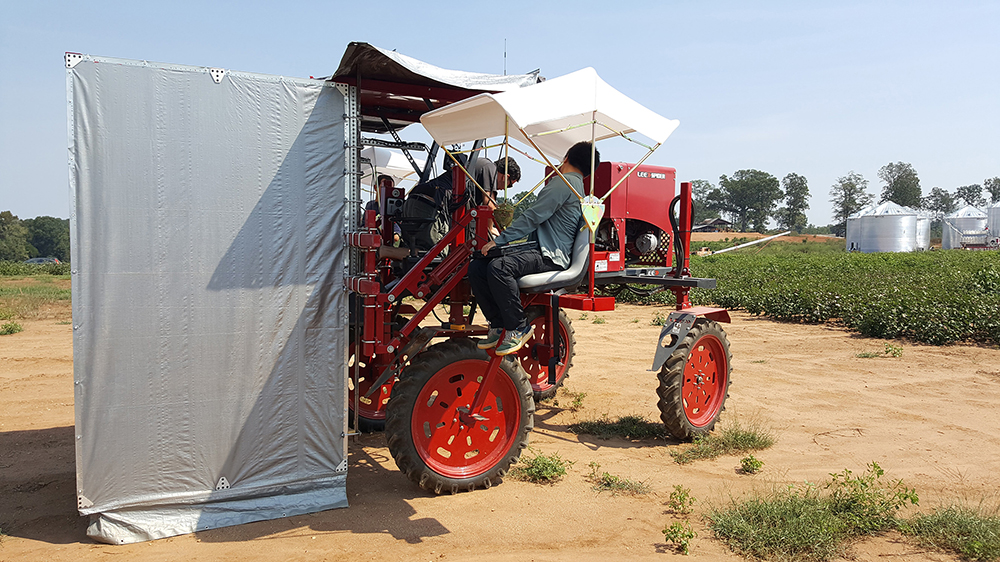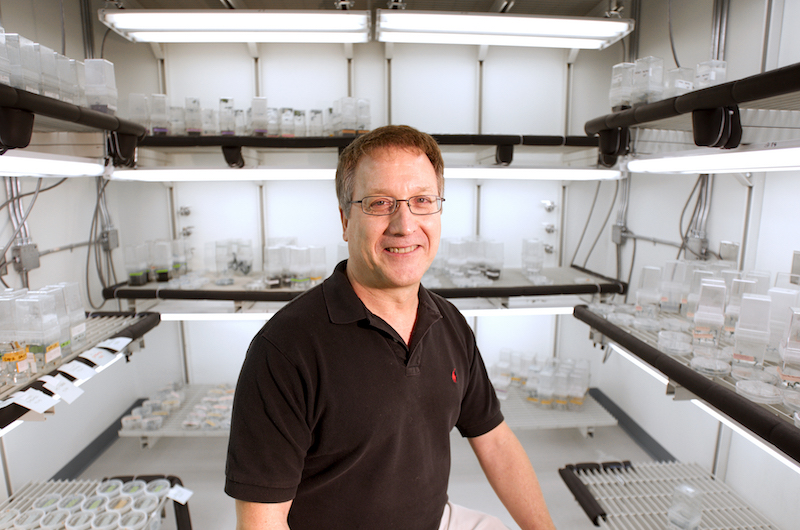 CAES News
CAES News
Parrott Honored
University of Georgia Professor of crop and soil sciences Wayne Allen Parrott has been named a Fellow of the American Association for the Advancement of Science, an honor bestowed by his peers for “scientifically or socially distinguished efforts to advance science or its applications.”


